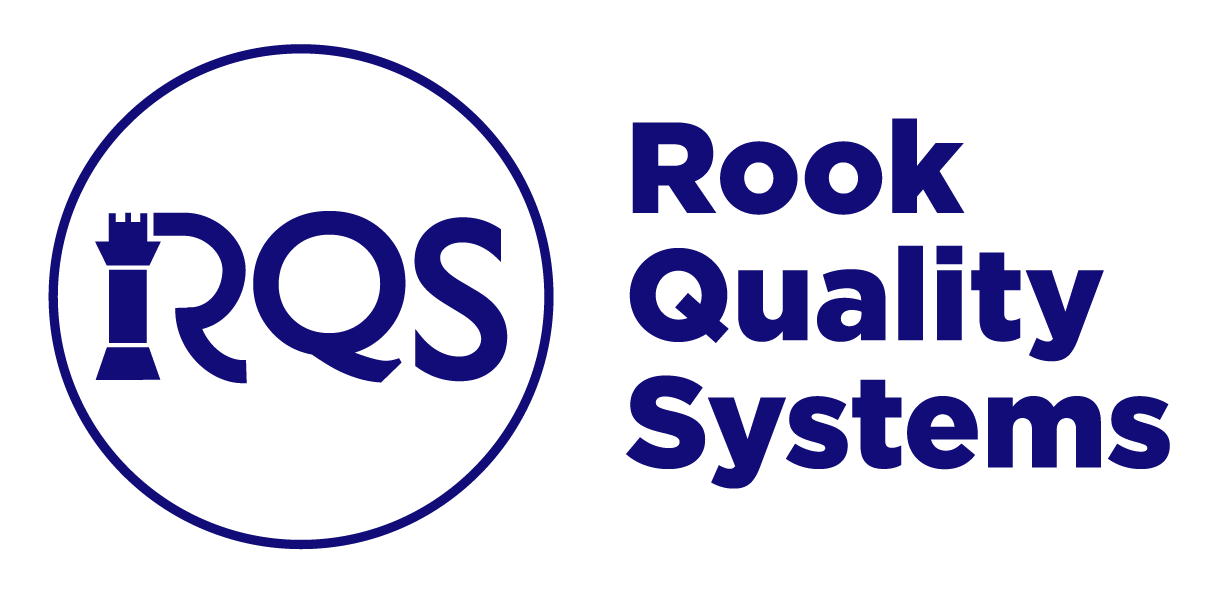In recent years, the medical device industry has become overwhelmingly impacted by digital health. According to the US Food and Drug Administration (FDA), products that fall under this category include devices such as mobile health, health information technology (IT), wearable devices, telehealth and telemedicine, and personalized medicine. With increased focus on making medical devices “smart,” the FDA worked to define regulations to ensure these devices are safe and effective. During the Health Datapalooza that was held 26-27 April 2018, FDA Commissioner Scott Gottlieb highlighted new initiatives launched by the FDA to support development and adoption of healthcare innovation in the digital health arena.
Pre-certification Pilot Program
As digitization across the healthcare continuum continues to happen, the FDA is embracing this paradigm shift by launching the software pre-certification pilot program. The idea of this program is to foster innovative digital health technologies by building efficient framework. This framework will allow software iterations and changes to occur in a timely fashion under streamlined regulatory oversight. Unlike a premarket timeline suited for hardware-based products, the rapid iterations during software development practices is relatively new to medical device regulators like the FDA. The Center for Devices and Radiological Health (CDRH) is looking forward to collaborating with participating companies and stakeholders to streamline the regulatory program for manufacturers of Software as a Medical Device (SaMD). The FDA already selected nine participants to the pre-certification pilot program:
-
Apple
-
Fitbit
-
Johnson & Johnson
-
Boston-based Pear Therapeutics
-
New York-based Phosphorus
-
Roche
-
Samsung
-
Tidepool of Palo Alto, California
-
Google’s Verily
This learning regulatory paradigm will allow the FDA to learn and adapt to challenges ahead for innovative technologies in digital health. The participants are expected to demonstrate their embedded Culture of Quality and Organizational Excellence (CQOE) measured and tracked by Key Performance Indicators (KPIs) or other measured. FDA’s ongoing effort in the digital health arena is aimed to develop pragmatic approaches to balance benefits and risks of digital health products. This program will begin to expand SaMD manufacturers’ understanding of how to manufacturer safe, effective, and compliant digital devices.
FDA’s Internal Digital Health Incubator
Information Exchange and Data Transformation (INFORMED) is an FDA lead
incubator focused on supporting development and adoption of new solutions for improving efficiency, reliability, and productivity in a broad range of workflows. With an initial focus on oncology drug development and regulatory decision making, INFORMED intends to establish organizational and technical infrastructure for big data analytics and examine modern approaches in evidence generation to support regulatory decisions. The research portfolio for this program includes:
-
Investigations into the use of real world data for clinical evidence generation and prospective pragmatic clinical trials
-
Testing the utility of biosensors and the internet of things to quantify intrinsic and extrinsic (e.g., environmental) factors influencing the patient’s experience
-
Identifying opportunities for machine learning and artificial intelligence to improve existing practices
-
Exploring the utility of open source platforms and emerging technologies such as blockchain to enable secure exchange of health data at scale
This program will help the FDA to better improve its mission of “promotion and protection of the public health.”
Multi-function Device Draft Guidance (Issued on April 27, 2018)
Multiple Function Device Products: Policy and Considerations is the new draft guidance by the FDA explaining the regulatory approach to multi-function digital health devices where some functionalities fall under the definition of a medical device (Section 201(h) of the FD&C Act), while others do not. Section 3060(a) of the Cures Act (Clarifying Medical Software Regulation as amended by the FD&C Act to add section 520(o)) describes software functions that are excluded from the definition of Device (Section 201(h)). The FDA believes that the principles mentioned in this draft guidance applies to the assessment of all multi-function products that contain at least one device function. The FDA is particularly interested in understanding the impact of various functions on each other and on overall product risk. Architectural decisions made early on in the design cycle can facilitate optimal separation and support segregation that is necessary for device risk control. Connectivity between the functions should be explained and appropriate controls should be implemented to reduce adverse impact on the multi-function device’s safety and effectiveness.
Other Digital Health Foundational Policies
FDA have issued several foundational policies to address the regulatory requirements for manufacturers developing software as a medical device (SaMD). These requirements include:
-
2013: Radio Frequency Wireless Technology in Medical Devices
-
2014: FDASIA Health IT Report – Proposed Strategy and Recommendations for a Risk-Based Framework
-
2014: Content of Premarket Submissions for Management of Cybersecurity in Medical Devices
-
2015: Mobile Medical Applications (Amended by the 21st Century Cures Act on 2016)
-
2015: Medical Device Data Systems, Medical Image Storage Devices, and Medical Image Communications Devices (Amended by the 21st Century Cures Act on 2016)
-
2016: General Wellness: Policy for Low Risk Devices (Amended by the 21st Century Cures Act on 2016)
-
2016: Postmarket Management of Cybersecurity in Medical Devices
-
2017: Software as a Medical Device (SaMD) – Clinical Evaluation
Understanding each of these documents and their impact on your digital health device is critical to gaining regulatory clearance. With our diverse experience with medical devices and digital health, the Rook QS team can work with you and your company to efficiently navigate through this regulatory paradigm shift all the way through to compliance.
About the Author
Andrew Wu, Software Consultant at Rook Quality Systems.
“Working at the intersection of project and quality management, I believe better practice in software development and computer system validation can greatly benefit companies who are trying to put their novel medical technology in the hands of providers or patients”.
#DigitalHealth #FDA #Precertificationprogram #SaMD #MultifunctionDevice #INFORMED

